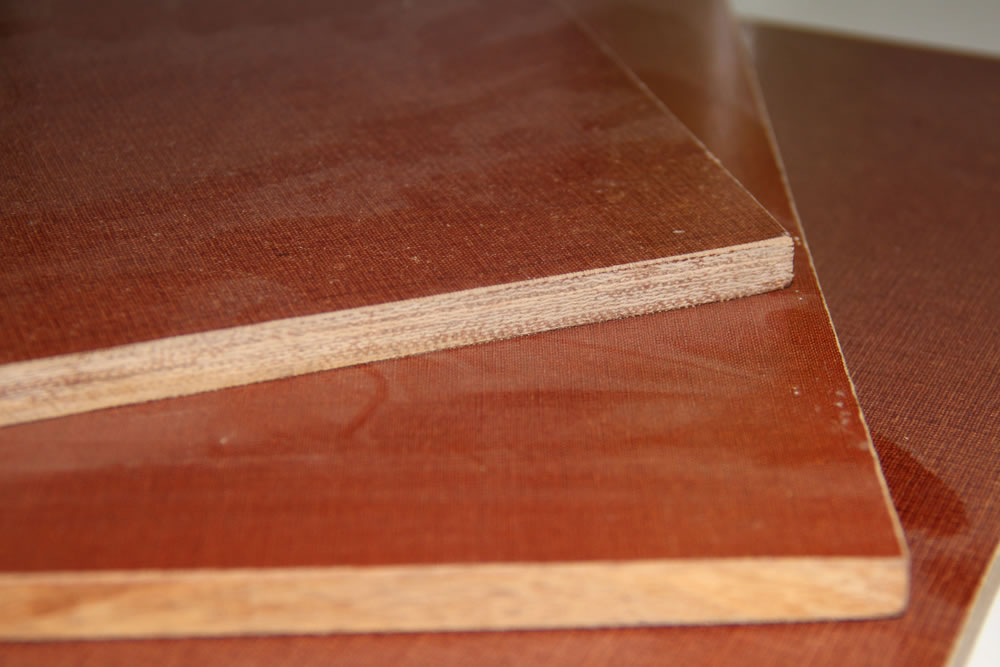Phenolic cotton cloth laminate board, cotton cloth impregnated with phenolic resin, and laminating them under heat and pressure in round-shape mould, also know as thermoset. Offer high electrical and mechanical performance, including good electrical insulating properties, high moisture resistance, good dimentional stability, much better machinability than other phenolics.
1. Advantages of phenolic board
Strong high temperature resistance
Phenolic board can also perform well in high temperature environment, and can work for a long time at 140℃ without deformation and softening. This is particularly suitable for the production of equipment and components that need to be used in some high temperature environments.
Strong chemical resistance
Phenolic board has good chemical resistance and can remain stable in many common chemicals such as acids, alkalis, oils and fats. This is particularly suitable for some occasions that need to be used in corrosive environments.
Good flame retardancy
Phenolic board has very good flame retardancy, which can reach B1 level and even A level. This is particularly suitable for some buildings and decorative materials that require fireproof properties.
High strength and hardness
Phenolic board has very high strength and hardness, and is harder than other plastics. This is particularly suitable for occasions that need to withstand pressure and weight, such as construction, transportation and other fields.
2. Disadvantages of phenolic board
Susceptible to moisture
Phenolic board contains phenolic resin, which absorbs moisture and causes the board to deform or become fragile. Therefore, special attention should be paid when phenolic boards are used in humid environments.
Easy to break
Phenolic boards are brittle and may break under some higher loads, which also poses risks to safety.
Difficult to process
Phenolic boards are difficult to process and require special processes. Some poor processing can cause deformation and brittleness of the board, increasing production costs and risks.
In short, phenolic boards have significant advantages in high temperature resistance, chemical resistance, and flame retardancy, but they also need to be aware of their defects such as easy moisture and easy breakage. When choosing phenolic boards as materials, it is necessary to fully consider the application scenarios and the characteristics required in order to make better choices.
